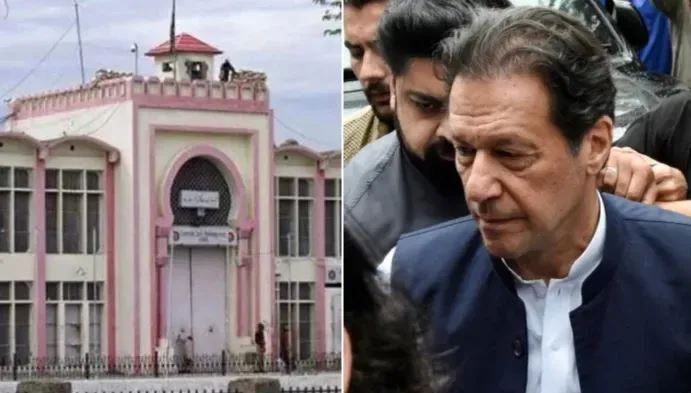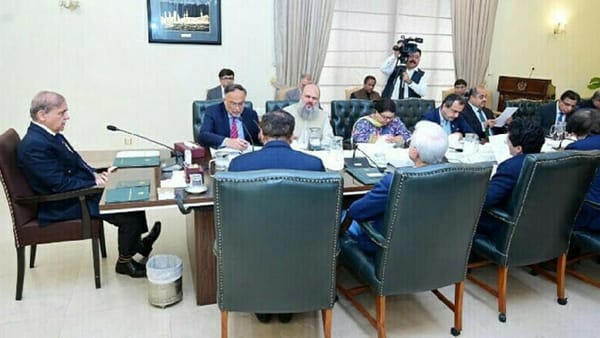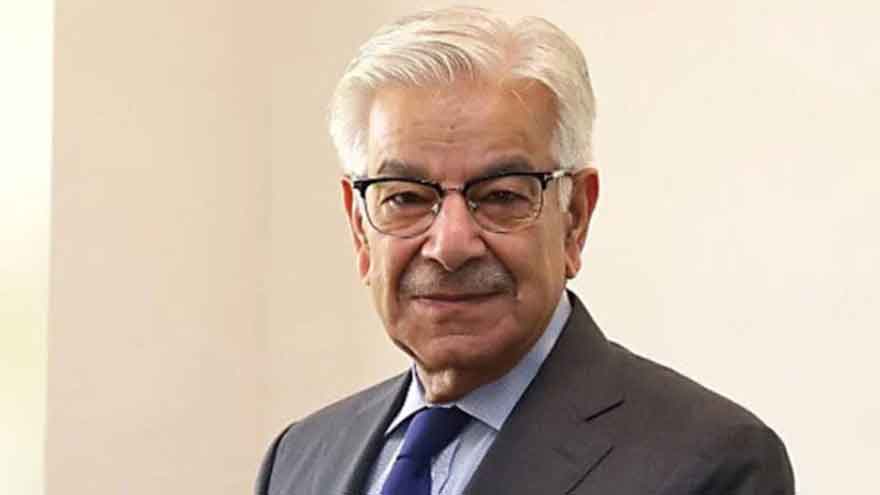Media access to former Prime Minister Imran Khan restricted in Adiala Jail

Islamabad: Media access to former Prime Minister Imran Khan was restricted through the installation of a glass wall in the Adiala Jail courtroom during the hearing of the cipher case. Presiding over the proceedings, Judge Abul Hasnat Zulqarnain ensured that Imran Khan and Shah Mahmood Qureshi were kept at a distance from the media.
During the previous hearing, Imran Khan engaged with journalists, addressing numerous questions. However, in today's session, PTI Chief Imran Khan and Shah Mahmood Qureshi were not formally indicted in the cipher case. The court decided to extend the hearing until December 13. Three applications were submitted by the legal representatives of Imran Khan and Shah Mahmood Qureshi during today's proceedings.
Barrister Salman Safdar, the legal counsel for the PTI chief, expressed to the media that formal charges against Imran Khan have not been presented yet. He highlighted that individuals were brought in for the cipher case hearing today, and media representatives were permitted within a certain proximity. Despite the denial of access to an open trial, some media members were seated 50 feet away from the judge. Barrister Safdar firmly rejected this form of open trial and emphasized that they have filed an application for an open trial.
Furthermore, he raised concerns about the haste in conducting the cipher trial, stating that the entire process should have awaited the decision of the Divisional Bench of Islamabad High Court. Barrister Safdar criticized the proceedings for being rushed, noting that the petition related to Imran Khan in the High Court has not yet been heard. He drew attention to the fact that family members were halted for 45 minutes, and a considerable police presence behind the judge was observed. Barrister Safdar questioned the necessity of these police officers, pointing out that the judge had not issued any such order. He concluded by asserting that mistakes from the past are being repeated, emphasizing the importance of adhering to the law in the trial proceedings.




